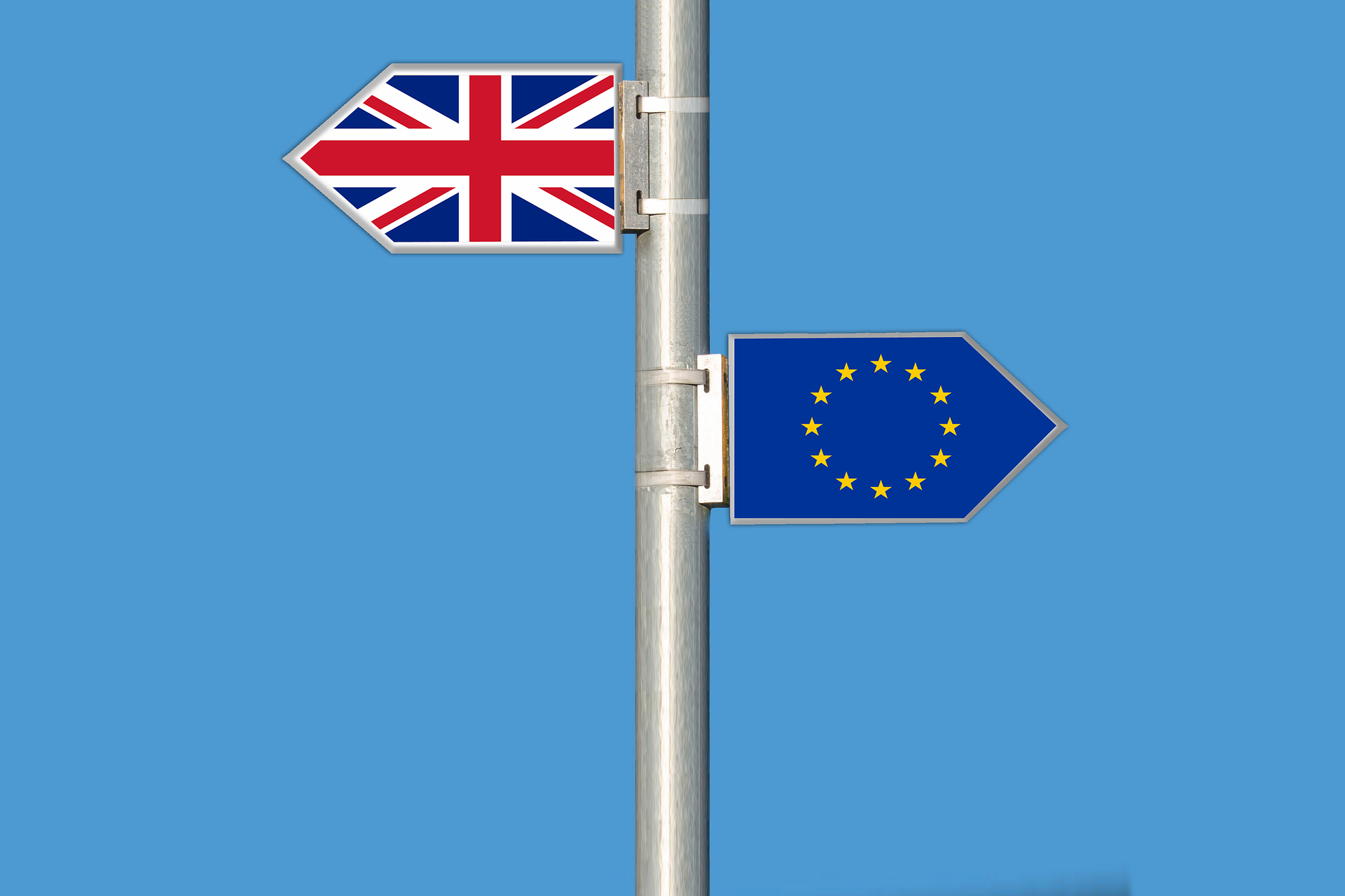With all the speculation surrounding Brexit and the triggering of Article 50, we have yet to see what ramifications this will have on the UK economy. Obviously there will be great changes to our international trading rules and regulations as well as new border laws that will be put in place. But how could small businesses be affected at the end of all this? Most of the focus has been on the big corporations and how they will be affected, but not so much attention has been paid to the little guys, the true backbone of the country, who may struggle more to overcome the impact than their much larger cousins.
The main concerns for many small business owners is over the strength of the pound and how a sharp, sustained decline in its worth would affect their company. Many larger businesses with good cash reserves will be in a better position to ride out the financial storm and come out the other side possibly weaker, but still having good foundations to fall back on, recover and re-build. This may not be the case for a majority of small businesses that run on very tight budgets and cannot afford to have large levels of working capital held in reserve.
The plummet in the pound and it’s ongoing instability aside, Brexit has yet to truly affect the majority of small businesses in the UK. A survey of 1,300 national companies was taken in 2016 by Company Check, and they found that so far 50% of those businesses had not been affected by Brexit as yet, 30% had felt some negative impact, but 15% of those surveyed said that they had experienced a positive effect from Brexit.
Negative Impact on Small UK Businesses
Small business owners fear the negative impact that the drop in the pounds value will have on their business and many see themselves having to take drastic measures to cut back on their overheads and running costs for the foreseeable future. In a recent survey conducted amongst small business owners, 58% say they are planning to reduce investments into their business, looking at increasing prices, and cutting back on their workforce to make savings.
The one aspect of Brexit that all business owners are concerned with, regardless of their size, is the uncertainty surrounding the value of the pound. This can affect everything from hiring new staff, taking on larger premises, and keeping on top of utilities and essential overheads that are expected to rise in price too at the cost of falling out with the EU.
Some business sectors are predicting that they will come out better after Brexit, especially if the new trade deals mean less red tape for them to get through to successfully trade with new partners abroad. But not all business sectors are looking at the divorce from Europe through such rosy-coloured spectacles.
The food and drinks sector for example may have to face a bit of a shake-up. If the Brexit team fail to negotiate a tariff-free trade arrangement, then this would possibly see importers raising their prices to meet these extra tariff costs and to remain competitive in their marketplace. Although UK agribusiness will still be assured the same financial support that they receive now until 2020, any tariff charges will have an impact here too eventually.
Some small business owners are choosing to look on the positive side of things saying that Article 50 will possibly bring more opportunities for them to invest in as well as fresh incentives for expanding their business. It is thought that companies, both large and small, will benefit from the prospect of new markets and economies that were previously unexplored.
Overseas trading deals
Because it will be a long and drawn out process for our Brexit team to negotiate new trading deals, many small businesses are faced with a frustrating wait for the outcomes. In the meantime, due to the instability of the pound, there has been an increase in sales of British products abroad. This has also meant that some companies have managed to win long-term contracts with overseas customers that are banking on taking advantage of an unstable market while the Brexit process goes on.
According to research conducted by the Federation of Small Businesses (FSB), small businesses from across the world, and particularly within Europe, are especially keen to set up beneficial new deals with UK small businesses. It is thought they will be doing this in the hope of getting favourable trade tariffs and for building strong links with supportive UK small businesses.
The FSB have published an interesting report called: What Small Firms Want From Brexit and it offers an interesting insight into the wants and needs of small businesses across a wide range of sectors. The FSB plan on producing more reports throughout the next couple of years while Brexit negotiations are going on.
Playing the waiting game
As the Brexit talks have only just begun, small businesses in Europe and elsewhere are having to be patient while they await the outcome of trade talks, and the deal structures and agreements are set up that they will have to sign to be able to trade with the UK.
One of the main difficulties that will be faced by European small businesses looking to trade with us in the future is the changing standards that will be applied to goods and services. They will have to buy and sell with us having to meet not only EU standards, but also new British standards too.
The uncertainty surrounding the implementation of Article 50 will have a lasting effect on both British and European business. With the effects already impacting on the value of the GBP, it is hoped that whatever trade deals are struck during the negotiations that the new rules and regulations will be as simple as possible to ease the trading relationships between the UK, Europe and the rest of the world.
Now that the clock is ticking for the UK to leave the EU, small businesses would be wise to take some time now to reassess their operational costs to see where saving can be made. This could include reducing staffing levels, changing suppliers, switching their bank and funding requirements and negotiating new deals for business premises with locked in prices. It is now time to make their business Brexit-proof and prepare for new regulations and a much altered trading environment.
Now is also the time to get your business registered in the UK. This could be especially important for sole traders or people working in partnerships and small start-ups that haven’t taken that first step yet towards forming a company. You will want to protect your business interests no matter what happens with Brexit. Forming your company can give you certain securities that being an unregistered sole trader or partnership cannot.
















